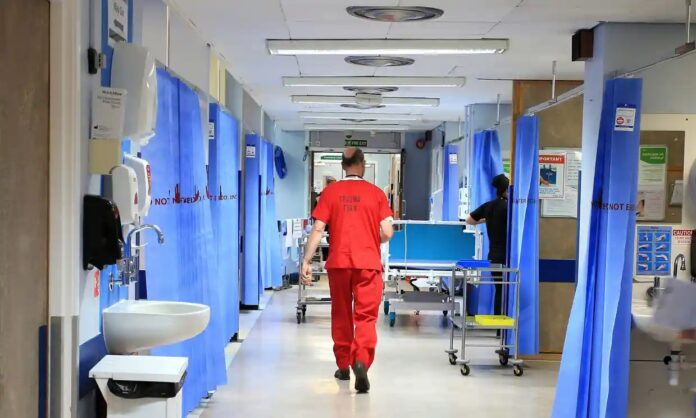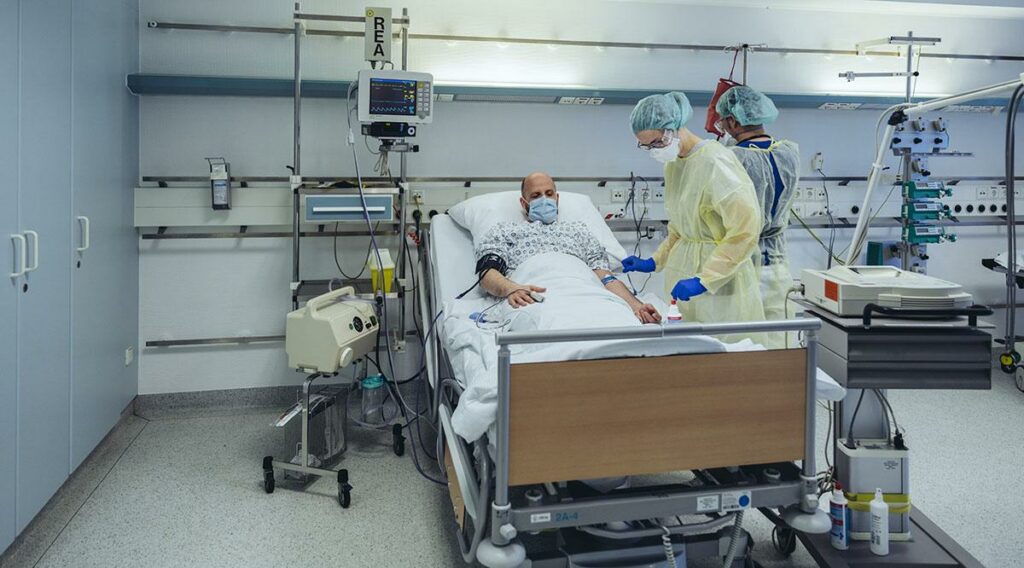
Is the UK’s healthcare system in danger of failing?
According to the CEO of the British Association for Emergency Medicine, the current crisis in the Accident and Emergency (A&E) sector is much worse than prior ones. And this is very concerning.

Taking on A&E Challenges
Dr. Adrian Boyle said that since the issue has been getting worse for more than ten years, it is illogical to attribute the current state of affairs to the epidemic. Hospitals are currently running low on beds, and ambulances are lining up outside.
According to a report from ITV News, Dr. Boyle participated in UK Prime Minister Rishi Sunak’s emergency talks with medical professionals on Saturday, Jan. 7, to address the National Health Service (NHS) winter crisis.
He said: “I am very happy that this is being recognized at the highest level. I am happy that it is being recognized as a crisis because there is a crisis in emergency medicine.”
Average wait times for ambulance transfers have reached all-time highs as the number of people hospitalized with the flu continues to rise.
“What we are seeing is that when you go to the emergency room, people are getting treatment in the wrong place and they have to wait a long time to be admitted.” Sunday 8/11
“When you go to the wards, they are full. There is a big problem of not having enough beds. Our hospitals are too full to do the work we need. ”
The situation at the Moment
According to reports, several of the NHS’s top doctors have expressed worry that the system is in danger of collapsing because so many hospitals’ emergency rooms are overworked.
Because of several variables, such as a wave of strikes and pandemic levels of the flu and coronavirus, the healthcare system is severely strained.
The number of patients released from hospitals in England last week reached a historic low.
Dr. Boyle attributes the decline in emergency treatment quality to widespread personnel shortages in the NHS, a lack of beds and capacity, and subpar social care.
When asked if he thought things could change, he said yes, adding that with the political will it could improve.
As Dr. Boyle said, the root cause of this problem has been around much longer than the pandemic itself, causing many inconveniences to hospitals. “
To use hospital beds efficiently and properly, several challenges must first be solved.
On Saturday, Sunak addressed a group of Downing Street experts, including Amanda Pritchard, NHS England’s Chief Executive, and England’s Chief Medical Officer, Professor Sir Chris Whitty.
He was warned that years of delays were responsible for the failure of rare weekend meetings to reduce the strain on emergency services.
According to a Downing Street spokeswoman, Sunak plans to ease immediate tensions while also focusing on strengthening his NHS in the long term. She explains: “We want to close the unwarranted disparities in her NHS performance between regions because wherever she lives she should have access to quality health care.”